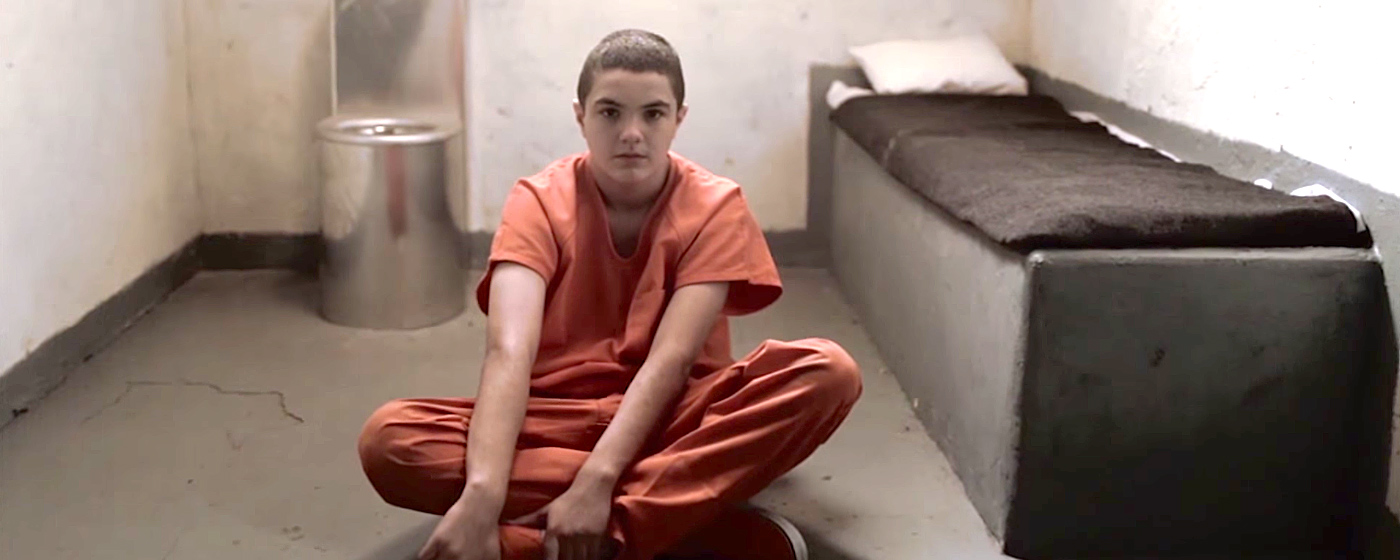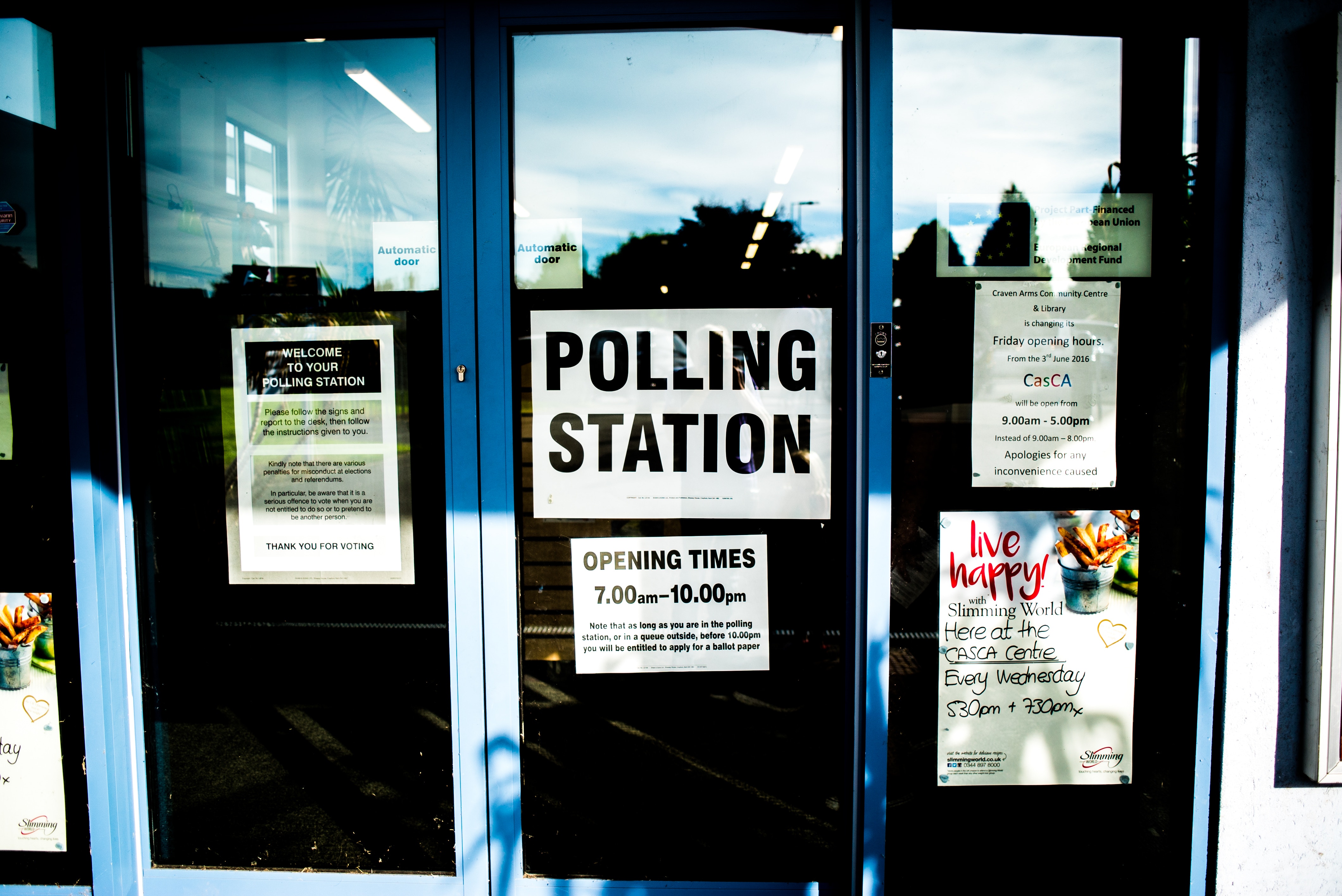Remember your teen years? How many times did you almost derail your life? What if that poor decision had spiraled out of control? What if you were just along for the ride when things got out of hand? What if you had been caught?
What if your civic life ended before it began?
That is the reality for many Floridians. We prosecute more kids as adults than any other state. We label teenagers felons for life, stripping them of their right to vote before they ever gain it and stacking the odds against them ever being productive members of society.
“They must be dangerous. Adult crime, adult time, right?” No. The majority are charged with nonviolent offenses and pose no threat to public safety. Risk-taking and poor decisions are very normal parts adolescence – across time and cultures, criminal behavior peaks in adolescence and swiftly declines as we age. Because of this, the US Supreme Court has held that children must be treated differently.
So, there must be safeguards, right? No. While prosecutors can file indictments or ask a judge to waive children into adult court, that’s not how 98% of our youth get there – in nearly all cases, the prosecutor simply decides to charge the youth as an adult. No judge or court can weigh in or review this decision, and there is no standard for how prosecutors make these decisions.
We really send kids to jail and prison? Yes. The law requires they await trial in jail – they are often kept in isolation to protect them from adult inmates and receive minimal education. Solitary confinement, which is devastating to the mental health of full-grown adults, is also a reality of life in Florida prisons, no matter your age.
Prison is no place for a child to grow up. They face the highest risk of sexual abuse and commit suicide 36 times as often as those in juvenile facilities. Adolescence is a sensitive period for brain development, but the environment dictates how youth will learn to navigate conflicts, plan ahead and manage their emotions. Is prison really where we want kids to develop these skills?
In the 2019 Florida legislative session, we must reform the process by which we are giving up on these kids. Due process demands these decisions be reviewable. We must stop traumatizing them with cruel, inhumane treatment. We must start taking rehabilitation seriously and give these youth the tools we want them to have to function in society. A broad coalition of organizations, No Place for a Child, continues to push for these reforms.
However, the harm has already been done for thousands of our youth. Next month, we must pass Amendment 11 to ensure they benefit from future reforms, and we must pass Amendment 4 to restore the eligibility to vote to those who have already completed their sentences and are trying to be the best adults they can be.
Let’s resurrect commonsense and humanity – after all, this is the year of second chances.
Date
Tuesday, October 30, 2018 - 3:45pmFeatured image


